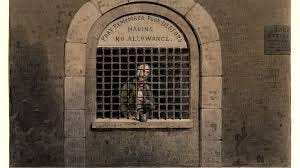In an obvious sense, it’s good for those guilty of wrongdoing to be found guilty—and to internalize the verdict.
Yet I ask not about guilt in the legal or even moral sense, but in the emotional sense. Is it good to feel guilty that we don’t do X enough or do Y too much?
If guilt is a motivator, then, like any negative emotion—say, anger or anxiety—it cl…
Keep reading with a 7-day free trial
Subscribe to What Is Called Thinking? to keep reading this post and get 7 days of free access to the full post archives.



